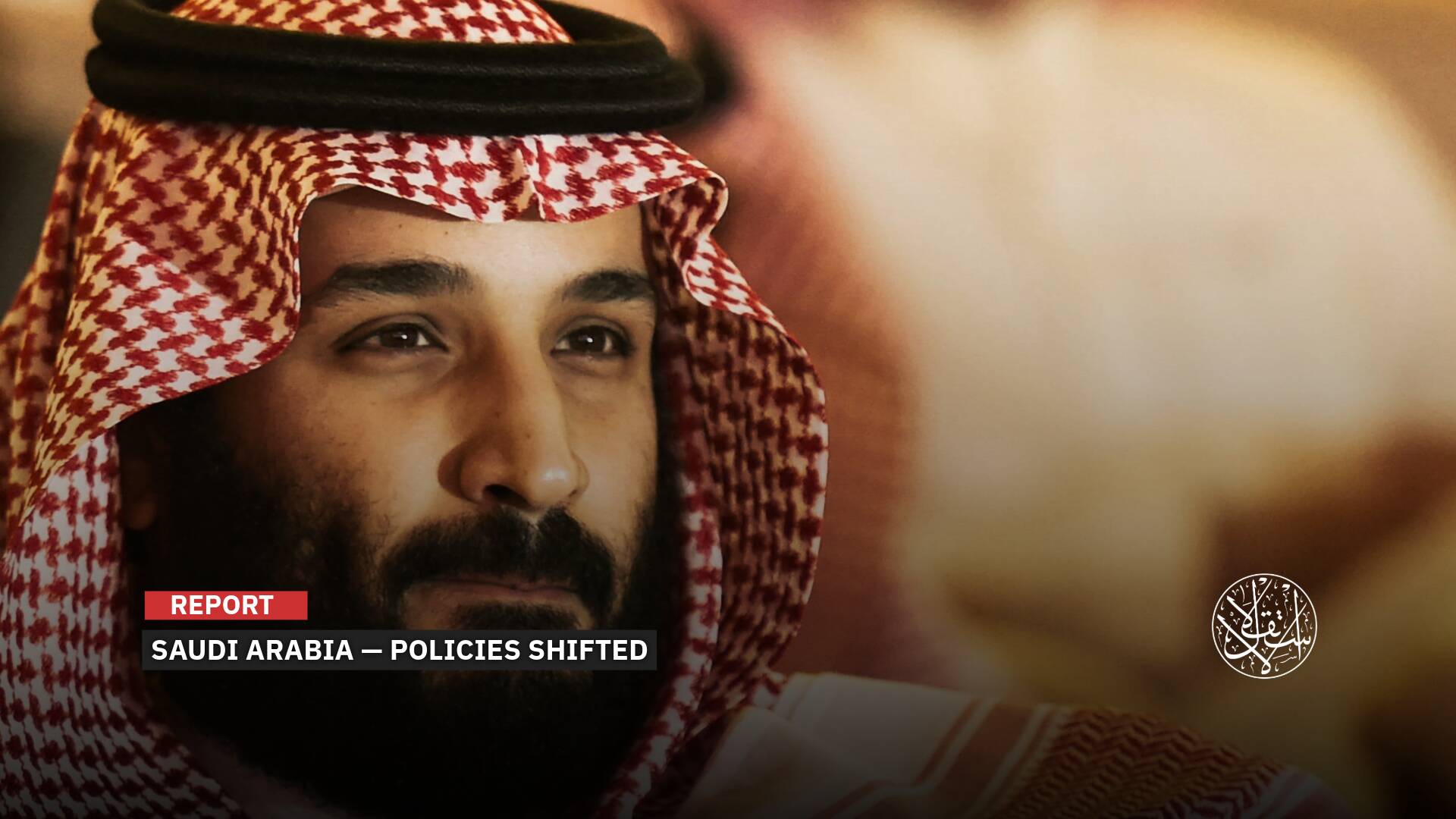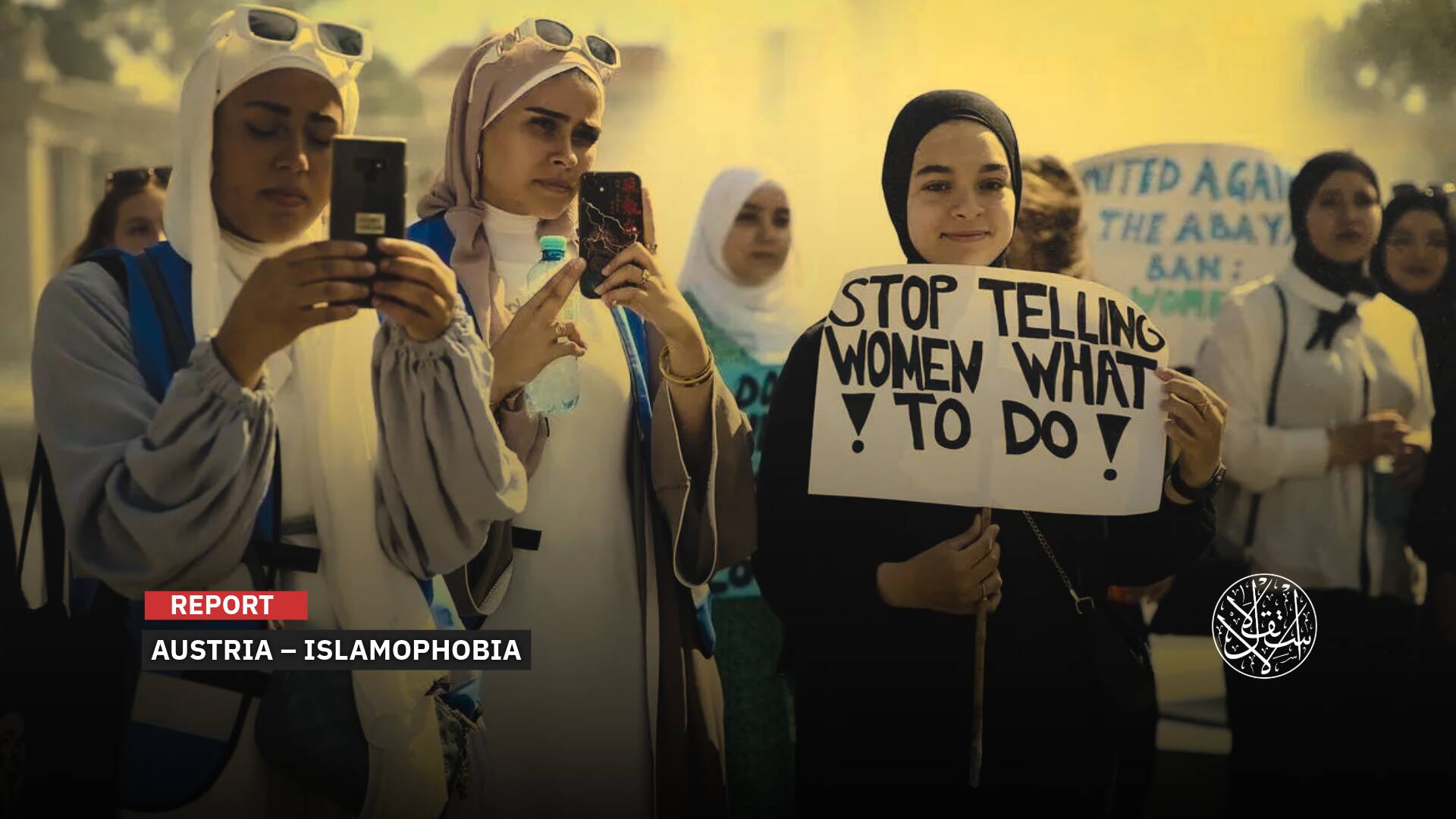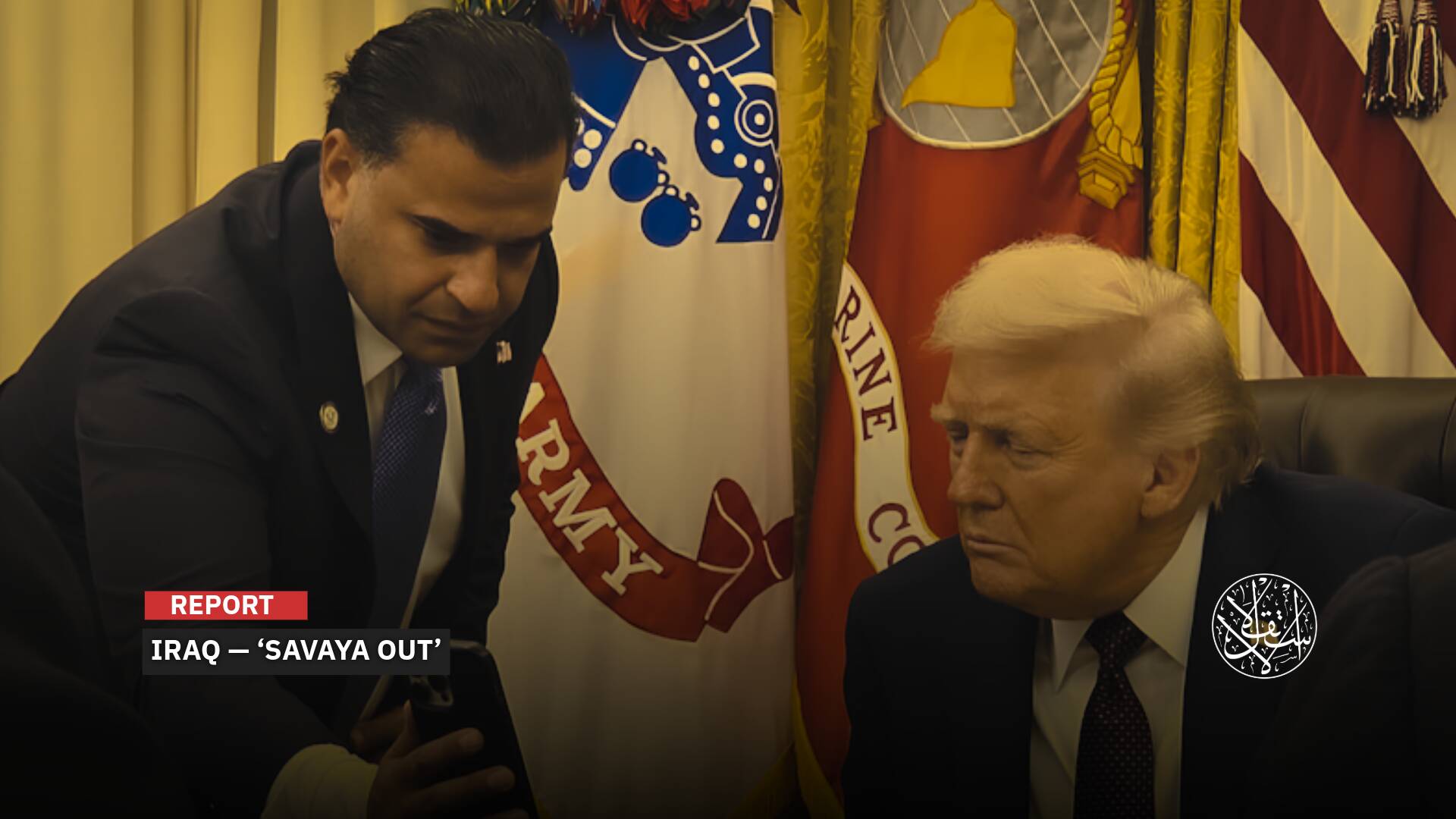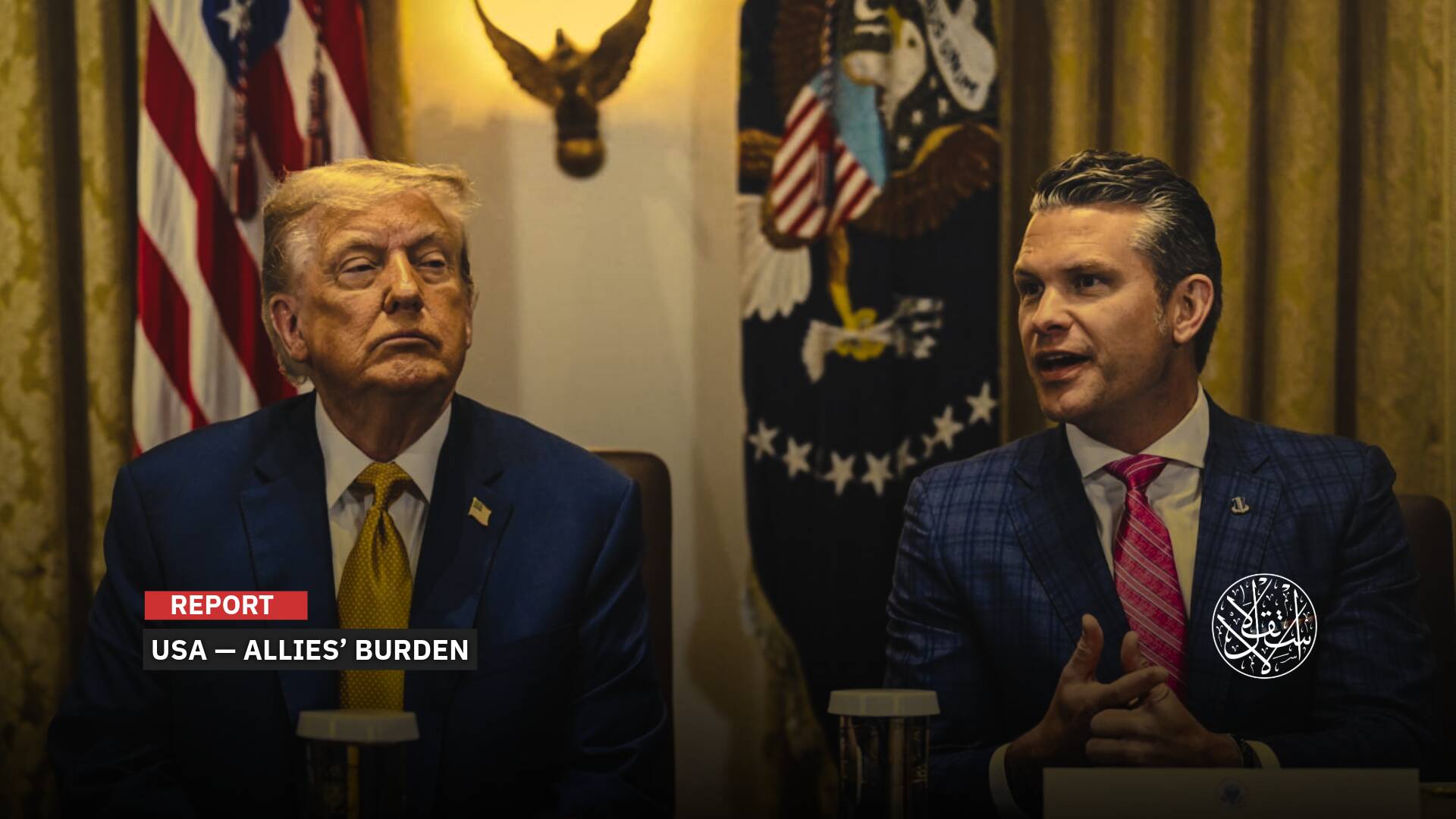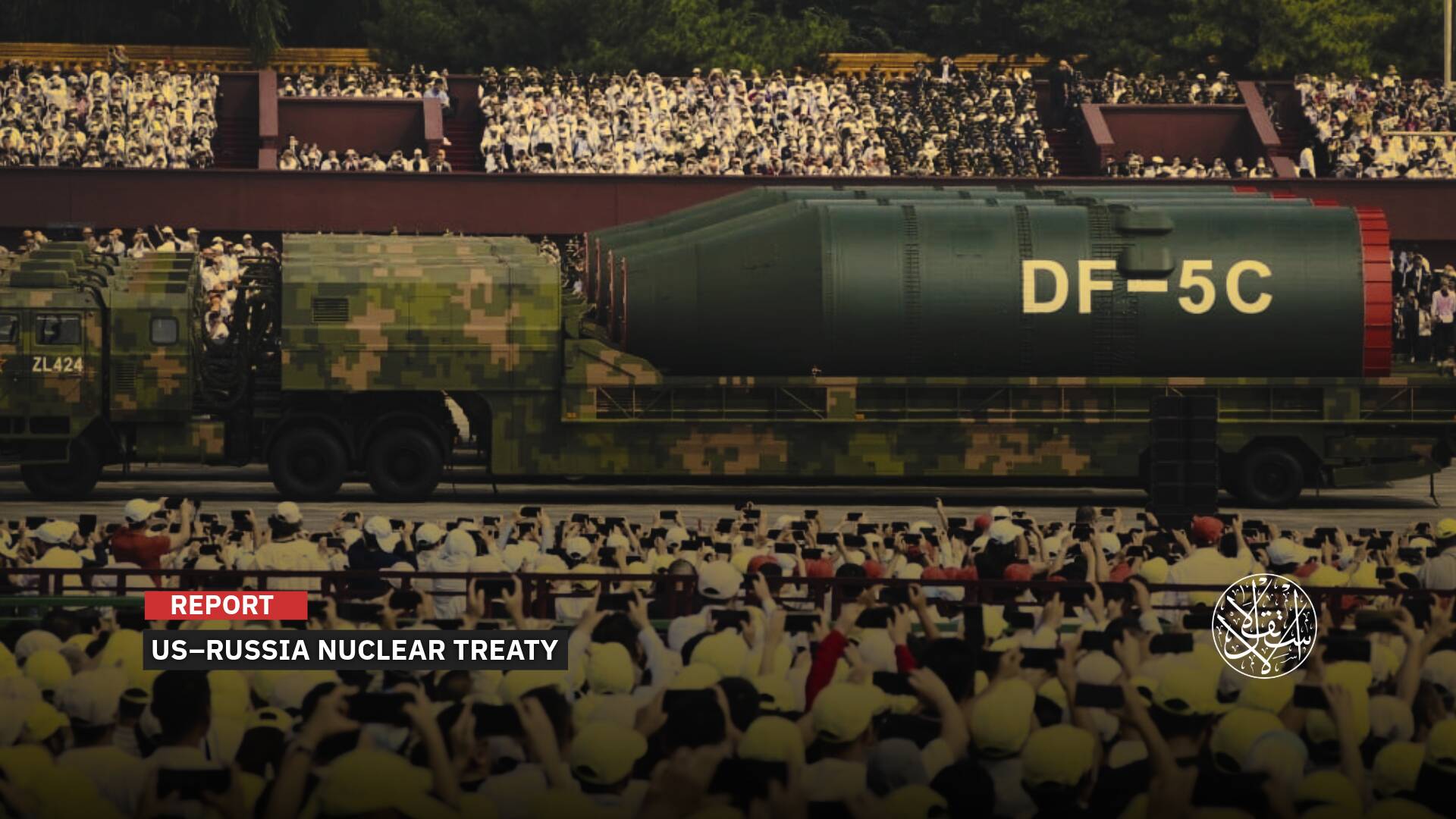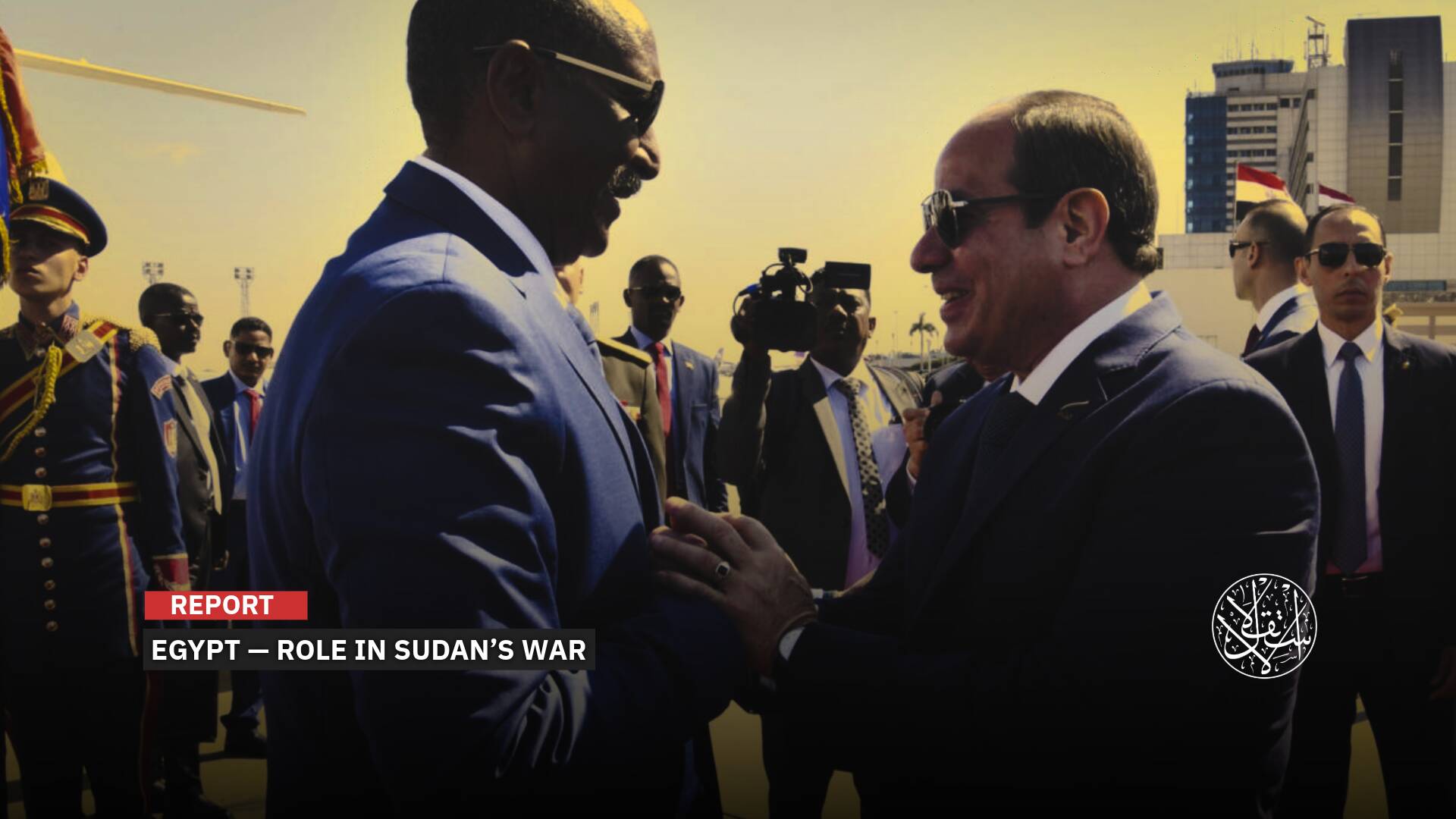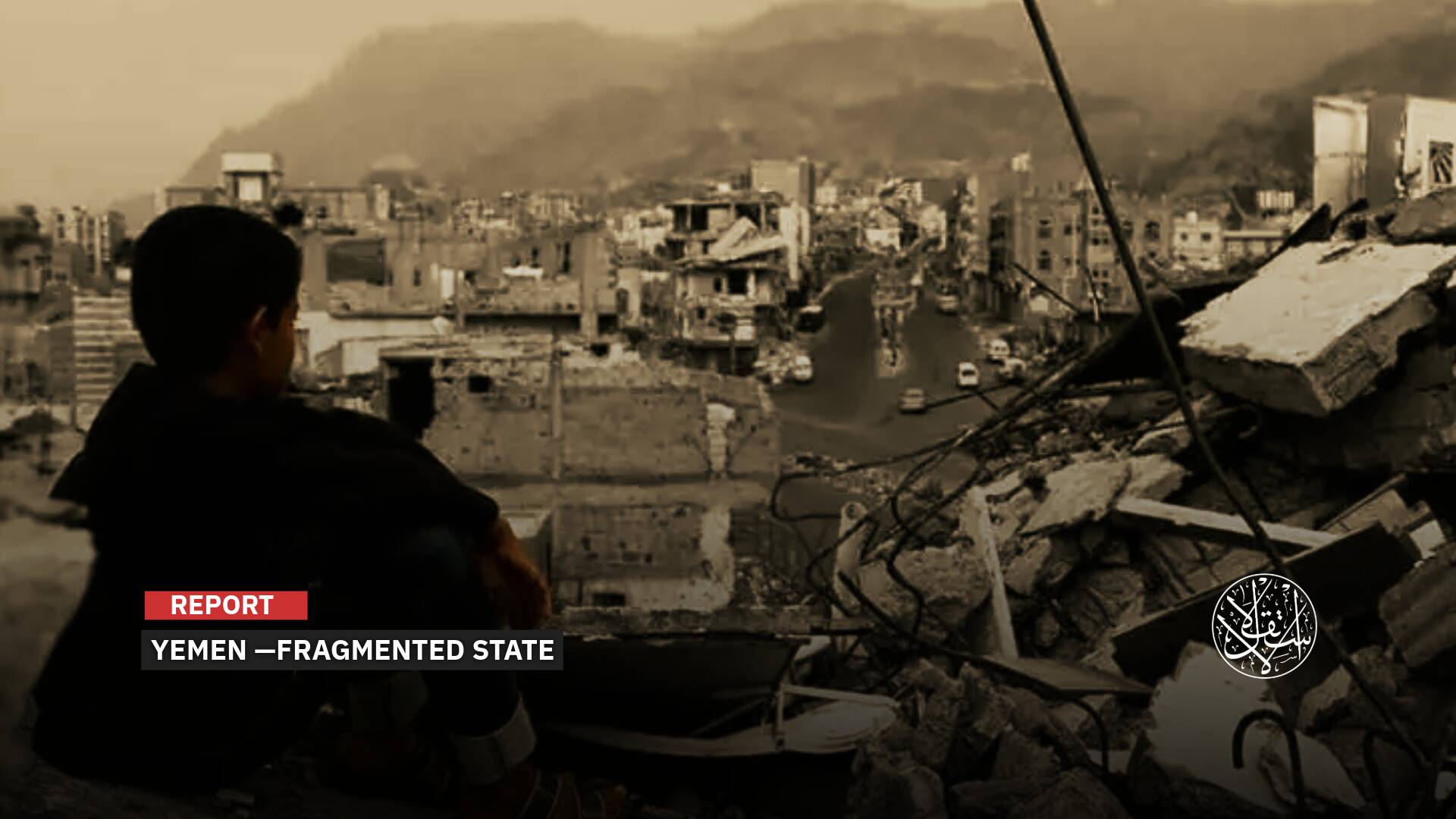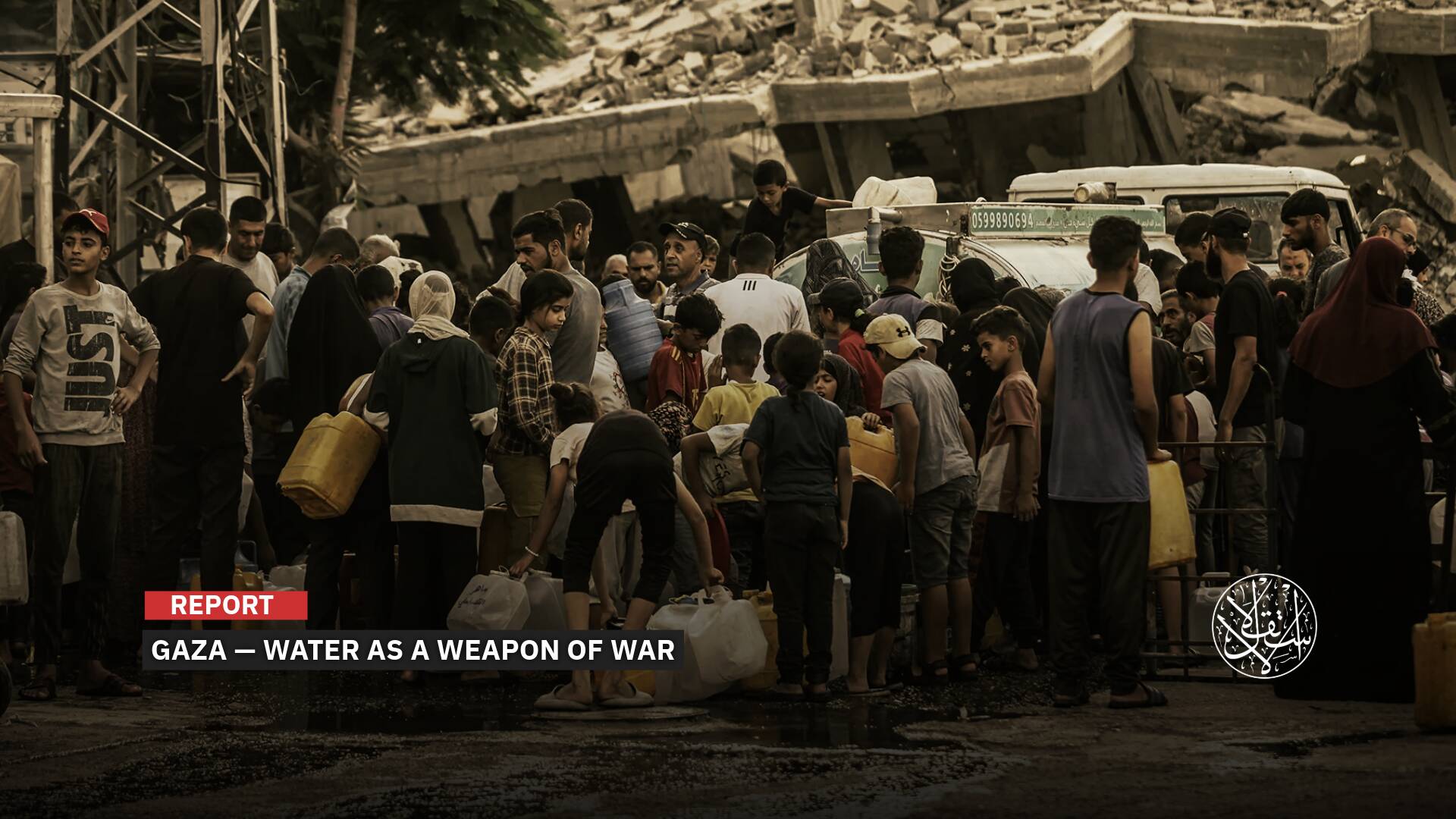How Was the African Security Agreement a Major Blow to France?
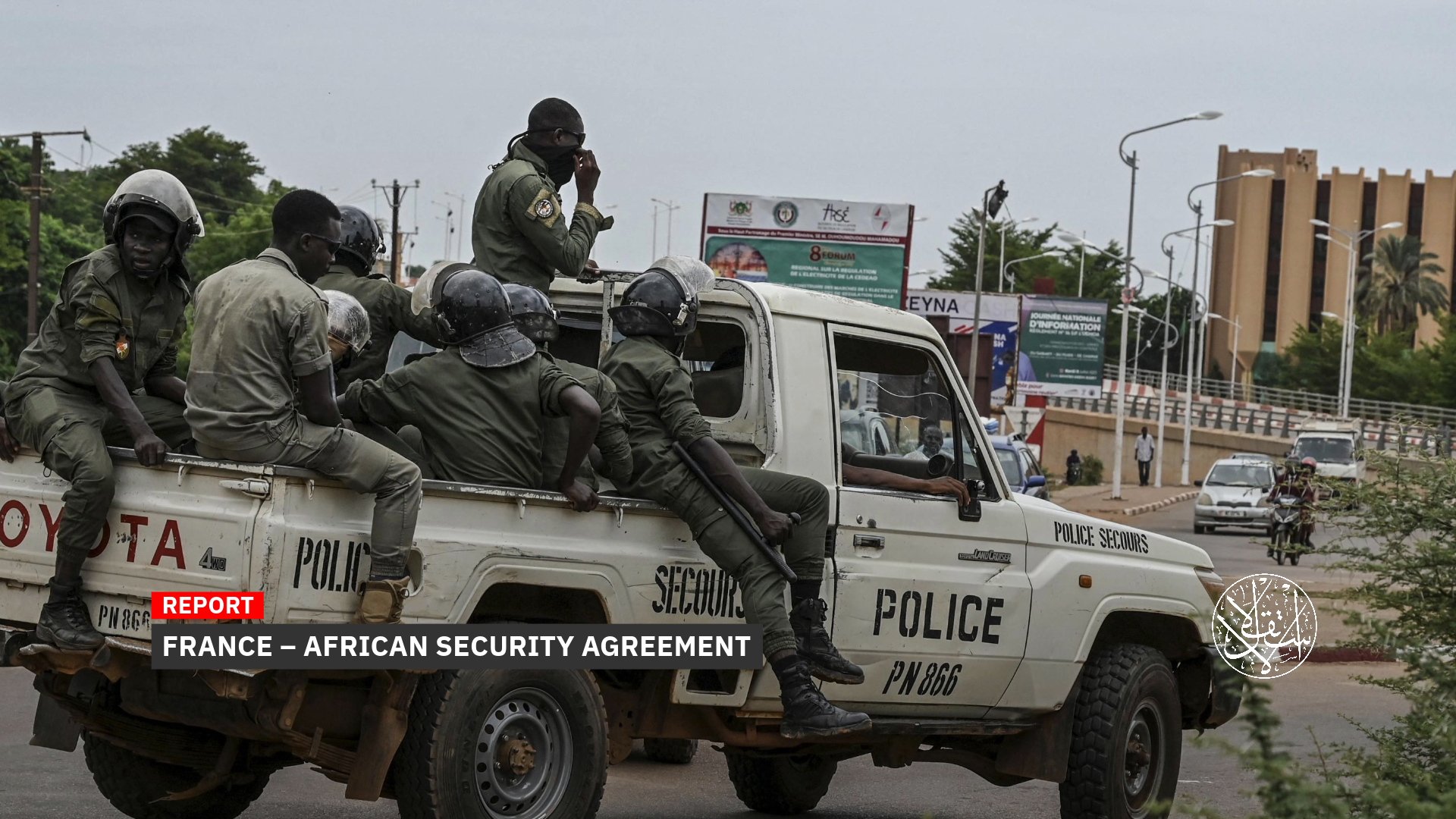
In a move that could reshape the security landscape of the West African Sahel, the leaders of Mali, Burkina Faso, and Niger announced that they had signed a joint defense pact called the “Sahel Alliance.”
The pact commits the three countries to support each other in case of any internal or external threats and to coordinate their efforts against the armed groups that have been wreaking havoc in the region for years.
Mali’s Defense Minister Abdoulaye Diop said that the alliance would combine military and economic cooperation between the three countries and that their priority was to fight terrorism in the region.
The formation of the alliance poses a major challenge to the regional and international actors that have been involved in the Sahel crisis, especially the Economic Community of West African States (ECOWAS) and the African Union, which have been trying to restore civilian rule and democracy in the three countries.
It also deals a blow to the French influence in Africa, as France has been leading a military intervention in the Sahel since 2013 but has faced growing resentment and criticism from the local populations and governments.
The alliance could signal a shift in the balance of power and interests in the region and a new test for the administration of Emmanuel Macron, which has been facing a crisis in Africa.

Armed Groups
A decade of turmoil and violence has plagued the Sahel, a vast region that stretches across Africa from Senegal to Sudan, where a complex web of armed groups has challenged the authority and stability of the governments of Mali, Burkina Faso, and Niger.
The three countries share a border area known as the Liptako-Gourma region, which has become a hotbed of insurgent activity and a humanitarian crisis.
The conflict in the Sahel has its roots in the 2012 uprising in northern Mali, where ethnic Tuareg rebels and Islamist militants seized control of a large swath of territory and declared an independent state called Azawad.
The French military intervened to help the Malian government reclaim the north, but the rebels regrouped and expanded their operations to neighboring Burkina Faso and Niger, where they exploited local grievances and weak governance to recruit fighters and launch attacks.
The United Nations deployed a peacekeeping mission in Mali in 2013, but it has been unable to contain the violence, which has intensified despite a 2015 peace deal between the Malian government and some of the rebel factions.
The peacekeepers have become frequent targets of the insurgents, who have also attacked civilians, security forces, government officials, and aid workers.
The death toll from the conflict has risen to thousands, and millions more have been displaced or affected by food insecurity and human rights abuses.
The armed groups operating in the Sahel are diverse and fluid, often forming alliances or rivalries based on ideology, ethnicity, tribal affiliation, or criminal interests.
The security situation in the Sahel has been further complicated by the political instability and social unrest that have rocked the region in recent years.
Since 2020, eight countries in Central and West Africa have experienced military coups or attempted coups, including Mali, Burkina Faso, and Niger, which have seen their democratically elected leaders ousted or threatened by their own armies.
The coups have also strained the relations between the Sahel countries and their international partners, such as France, the United States, and the European Union, which have provided military, financial, and diplomatic assistance to the region but have also faced criticism for their perceived interference or inefficiency.

New Blow to France
The agreement sends a clear signal of defiance to France, their former colonial ruler and longtime security partner, amid escalating tensions and violence in the Sahel region.
It comes as a response to France’s recent threats of military action in Niger, where a coup in March ousted President Mohamed Bazoum, a close ally of Paris.
France has been leading a counterterrorism operation in the Sahel since 2013, with the support of five African countries: Mali, Burkina Faso, Niger, Chad and Mauritania. The group, known as the G5 Sahel, was formed in 2017 to combat the growing influence of Islamist militants in the region.
But the relationship between France and its African partners has soured in recent years, as the security situation deteriorated and anti-French sentiment grew among the local populations.
Some of the countries have demanded the withdrawal of French troops and the closure of French diplomatic missions, accusing France of meddling in their internal affairs and failing to protect them from the insurgents.
The joint defense pact by the three African nations is seen as a bold challenge to France’s role and presence in the continent, as well as a test for President Emmanuel Macron’s foreign policy.
France has condemned the coup in Niger and urged the military junta to release Bazoum and restore democracy.
But the generals in Mali and Burkina Faso, who also seized power in coups in the past year, have warned France against any intervention in Niger, saying it would amount to a declaration of war on their countries.
The agreement also reflects the growing disillusionment of the African countries with France’s colonial legacy and influence, which they have tried to shake off despite the dependence on French aid and security assistance.
The public opinion in the region has shifted in favor of the coup leaders, who are seen as more nationalist and anti-French than the civilian governments backed by Paris.
The agreement sends a message to France that its presence and interests in the region are no longer welcome, even if the alternative is military rule.
Breaking News!! Mali, Burkina Faso, and Niger signed an agreement to create a military alliance to ensure security in the Sahel. In fact, the first anti-colonial alliance of countries on the African continent. #Niger. #Africa #EU #UN #NATO #CNN #FoxNews pic.twitter.com/vbPi0OTy39
— Rodlyn Boothe (@BootheRodlyn) September 17, 2023
Threat to African Entities
As the African continent has struggled to maintain a semblance of stability in recent years, it has relied on various regional organizations to foster unity and institutionalization among its diverse nations.
The African Union has emerged as a key player in the continent, while other groups such as the Economic Community of West African States (ECOWAS) have focused on more specific geographic areas.
These organizations have played a vital role in preserving security and stability in the past decade, as they have intervened to prevent coups, quell rebellions, and mediate conflicts.
However, they have also faced numerous challenges that have undermined their effectiveness, such as the lack of adherence by some countries to their resolutions, the limited leverage they have over their members, and the financial constraints that hamper their operations.
Recently, ECOWAS, backed by France and some Western countries, has clashed with Niger, Chad, and Mali over the military coups that have taken place in these countries, threatening to use military force to restore democracy.
However, these threats have not been followed by action, which has emboldened other countries such as Gabon to stage their own coups.
The situation has been further complicated by the signing of a joint defense agreement between Niger, Chad, and Mali, which has created a rift between them and ECOWAS.
This agreement poses a challenge to ECOWAS’s authority and credibility, as it shows the defiance of the three countries that have rebelled against the regional bloc.
The agreement also signals a shift in the balance of power in the continent, as it indicates the weakening of France’s influence and the rise of anti-colonial sentiments.


